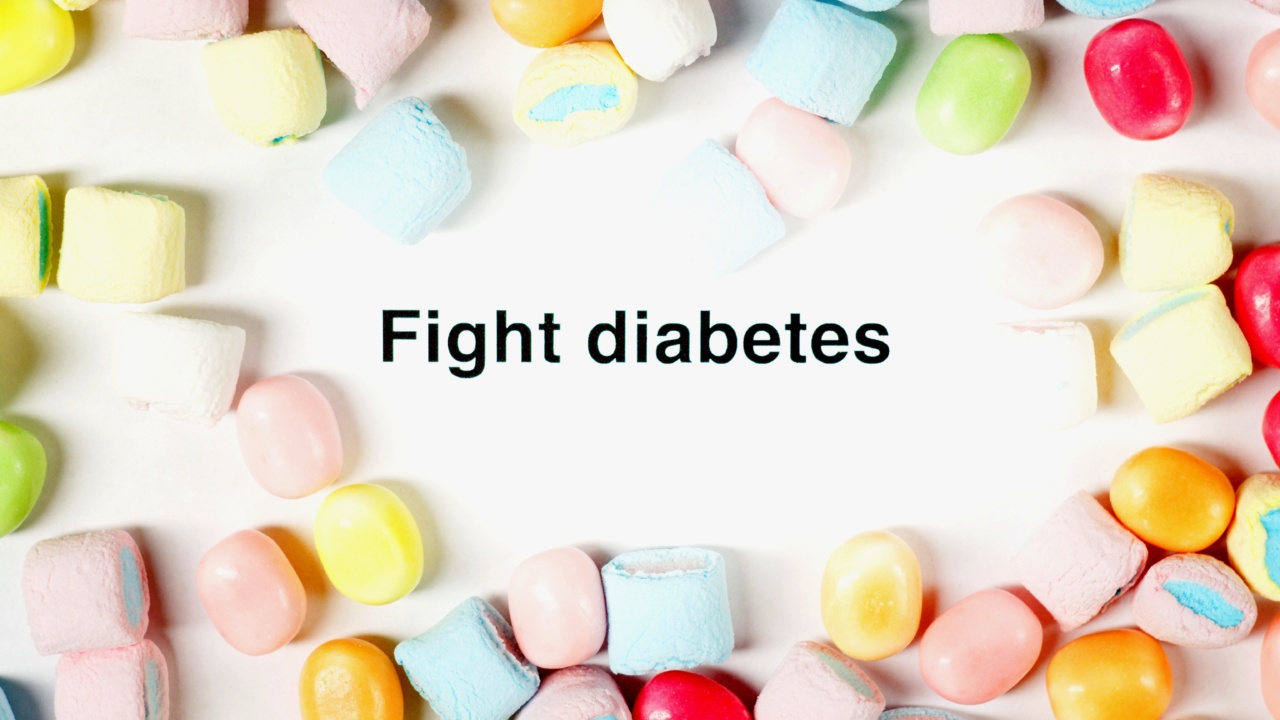Chemotherapy is a common treatment for cancer in children. While it can be effective in targeting and eradicating cancer cells, it also takes a toll on the child’s overall health.
One way to support children’s health during chemotherapy is by maximizing the benefits of vitamin A. Vitamin A plays a crucial role in maintaining a strong immune system, promoting cell growth, and supporting overall wellbeing.
The Importance of Vitamin A for Children’s Health
Vitamin A is a vital nutrient that supports the growth and development of children. It is essential for maintaining healthy skin, protecting vision, and supporting the proper functioning of various organs.
Adequate levels of vitamin A contribute to a strong immune system, which is especially important for children undergoing chemotherapy, as their immune systems may become compromised.
Boosting Immunity with Vitamin A
Vitamin A is known to enhance the immune system’s ability to fight infections. It promotes the production and activity of white blood cells, which are the body’s defense against harmful pathogens.
Children undergoing chemotherapy are susceptible to infections due to the treatment’s impact on their immune system. Ensuring they have sufficient vitamin A levels can help bolster their immune response and reduce the risk of infections.
Food Sources of Vitamin A
There are two types of vitamin A: retinoids and carotenoids. Retinoids, such as retinol and retinal, are found in animal-based foods like liver, eggs, and dairy products.
Carotenoids, on the other hand, are abundant in colorful fruits and vegetables such as carrots, sweet potatoes, spinach, and kale. Including a variety of these vitamin A-rich foods in a child’s diet can help support their overall health during chemotherapy.
Supplementing with Vitamin A
In some cases, it may be necessary to supplement a child’s diet with vitamin A to ensure they are getting adequate levels. This is especially true for children undergoing chemotherapy, as their nutritional needs may increase.
However, it is crucial to consult with a healthcare professional before starting any supplementation regimen, as excessive vitamin A intake can be toxic.
Vitamin A and Skin Health
The skin is the body’s largest organ and can be profoundly affected by chemotherapy. Children undergoing treatment may experience dryness, rashes, and other skin-related issues.
Vitamin A’s role in maintaining healthy skin can help alleviate some of these side effects. Applying vitamin A-based creams or lotions, as recommended by healthcare professionals, can provide relief and support the healing process.
Supporting Vision with Vitamin A
Vitamin A is essential for maintaining good vision, especially in low-light conditions. Children undergoing chemotherapy may experience changes in their vision as a side effect.
Ensuring they have sufficient vitamin A levels can help support their eye health and alleviate any vision-related symptoms they may be experiencing.
The Role of Vitamin A in Cell Growth
Chemotherapy not only targets cancer cells but can also affect healthy cells in the body. Vitamin A plays a vital role in promoting cell growth and differentiation.
By maximizing the benefits of vitamin A, we can potentially support the growth and regeneration of healthy cells in children undergoing chemotherapy.
Consulting with Healthcare Professionals
When it comes to supporting a child’s health during chemotherapy, it is essential to work closely with healthcare professionals.
They can provide guidance on the best ways to incorporate vitamin A into a child’s diet and offer appropriate supplementation if necessary. Regular check-ups and monitoring vitamin A levels can ensure optimal support for the child’s health.
Caring for Children Holistically
While chemotherapy is a critical part of cancer treatment, it is equally important to focus on a child’s overall health and wellbeing. Maximizing the benefits of vitamin A is just one piece of the puzzle.
Holistic care, including a balanced diet, regular exercise, emotional support, and integrated therapies, can help children maintain their strength, resilience, and overall quality of life throughout their treatment journey.






























